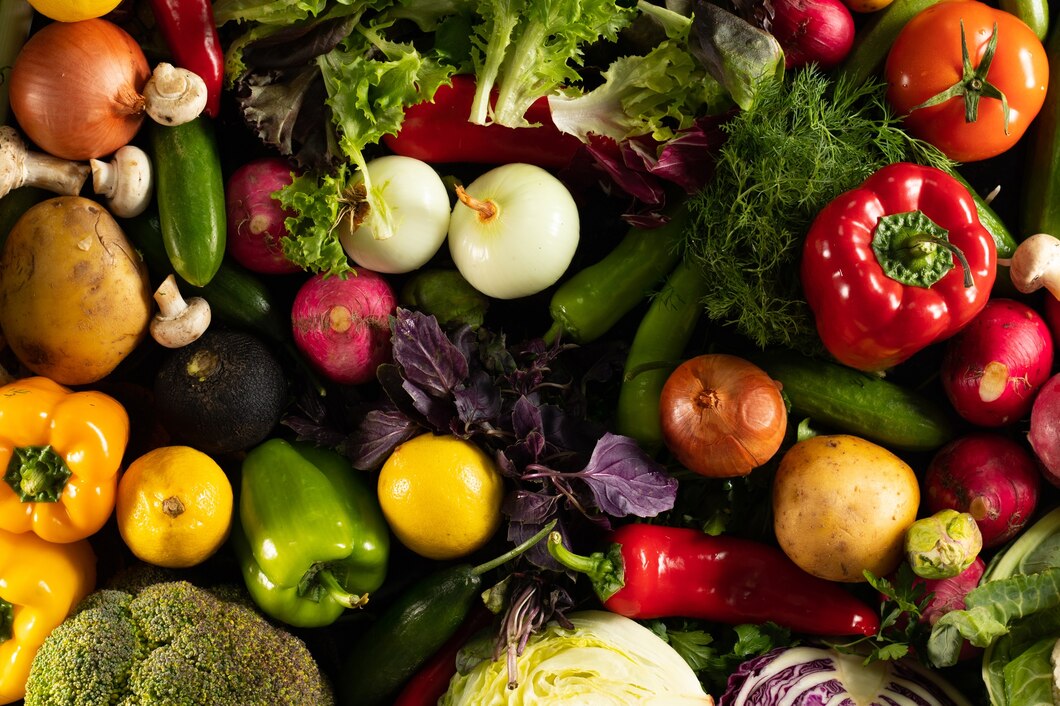In response to growing public discontent, the government has announced the partial lifting of its two-year import ban on certain vegetables, effective immediately. This decision, communicated by the Ministry of Lands and Agriculture, marks the beginning of a phased approach to easing restrictions on imported produce.
Phase 1 of the Ban Lift
Under Phase 1 of the revised policy, the importation of several vegetables is now permitted. These include turmeric, patty pan, pumpkin, sweet potato, sweet corn, green peas, broccoli, cauliflower, gem squash, baby marrows, sweet melon, mushroom, calabash, cantaloupe, and eggplant.
This move aims to address shortages and stabilize prices for these products, which had been significantly impacted by the import restrictions. By allowing imports of these items, the government seeks to meet consumer demand and alleviate the pressure on local farmers struggling to produce sufficient quantities.
Remaining Restrictions
Despite this partial relaxation, the ban on staples such as potatoes, onions, and tomatoes remains in place. These key vegetables, along with other restricted items, will only see their import restrictions lifted in April next year. This phased approach is designed to balance the interests of consumers and local farmers while ensuring a sustainable agricultural sector.
Public Reaction
The initial import ban, introduced to promote local production, sparked widespread criticism due to rising prices and limited availability of certain vegetables. The public outcry highlighted the challenges faced by consumers, particularly those in urban areas, who struggled to access affordable and diverse produce.
While the partial lifting of the ban has been welcomed by many, some stakeholders argue that the government should move faster to address the shortages of restricted vegetables such as potatoes and onions.
Support for Local Farmers
The Ministry of Lands and Agriculture emphasized that the phased approach aims to give local farmers more time to scale up production and improve supply chains for high-demand vegetables. The government continues to encourage investments in local agriculture and infrastructure to reduce dependency on imports in the long term.
The partial lifting of the vegetable import ban represents a significant policy shift, balancing the need for consumer relief with the goal of promoting local agricultural development. As Phase 1 takes effect, stakeholders will be watching closely to see how this decision impacts market dynamics and whether the April 2025 timeline for fully lifting the ban on other vegetables will be met.










